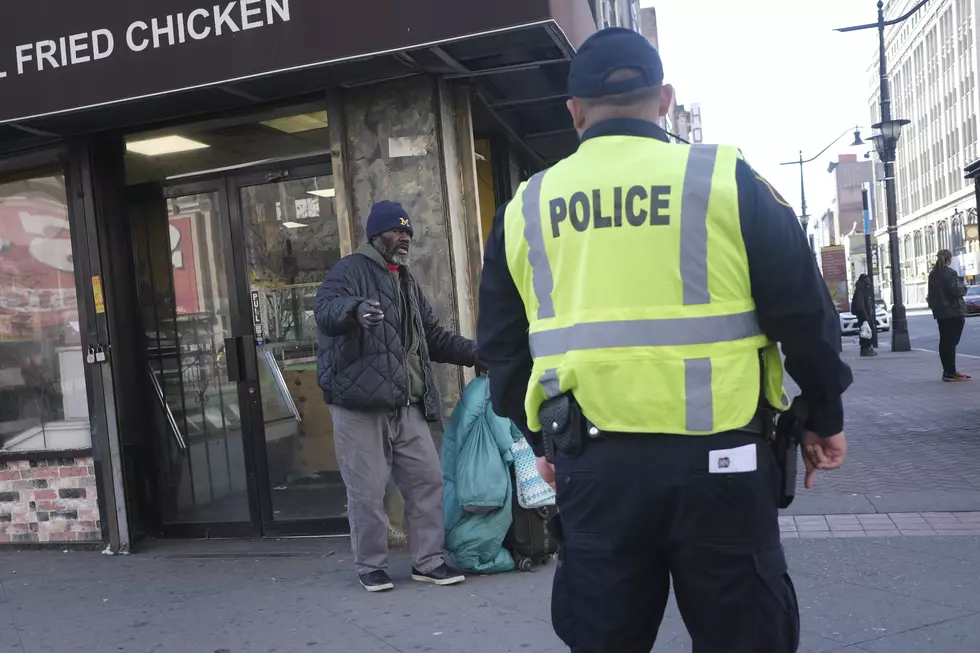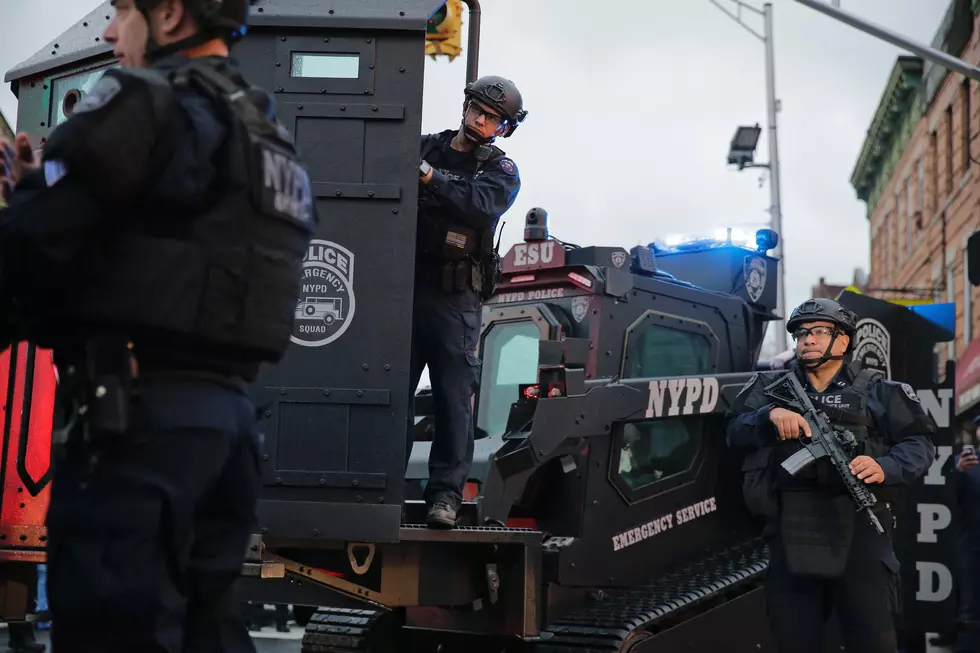
FBI head: Islamic State brand losing attraction in US
Fewer Americans are traveling to fight alongside the Islamic State and the power of the extremist group's brand has diminished in the United States, FBI Director James Comey said Wednesday.
The FBI encountered "6, 8, 10" Americans a month in 2014 and the first half of 2015 who traveled to the Middle East or attempted to go there to join the Islamic State, but that number has averaged about one a month since last summer, Comey said.
"There's no doubt that something has happened that is lasting in terms of the attractiveness of the nightmare which is the Islamic State to people from the United States," he told reporters during a wide-ranging round-table discussion Wednesday.
He did not offer an explanation for the decline, though the FBI has worked aggressively in the last year to identify and intercept Americans who might be determined to reach Syria. One other possible explanation is that the Islamic State has encouraged more of its followers to carry out violence at home, and Comey acknowledged that the group's ability to encourage and inspire "troubled souls" remains a persistent concern.
The FBI still has "north of 1,000" cases in which agents are trying to evaluate a subject's level of radicalization and potential for violence.
"We have not seen the diminution that we see in the traveler world in the radicalizing online world," he said.
After a review of the evidence, the FBI has determined that the San Bernardino, California attack that killed 14 people in December was inspired by the Islamic State, he said.
The FBI went to court to force Apple Inc. to help it open a phone used by one of the attackers, Syed Farook. A third-party came forward in March with a solution to access the device, ending the legal fight. Though Comey would not reveal what if any evidence was gleaned from Farook's phone, he said he was glad the FBI had gotten into the phone and that it was important.
The FBI last month said it did not have enough information about the tool that was used to get into the device to share the details with Apple -- an assertion that some technology specialists found curious given that Comey has hinted that the FBI paid more than $1 million for it. He suggested Wednesday that the FBI had purchased only "the guts" of the tool rather than the code and software behind.
"Sometimes you can buy a tool that helps you accomplish something. Sometimes you can buy the guts of a tool, the software behind it, the code behind -- and there's a difference between those two things," he said. "The goal in San Bernardino was to investigate that case and to get into that phone, so we bought what was necessary to get into that phone -- and we tried not to spend more money than we needed to spend."
He said he was not aware of another case in which the FBI had used the same tool, but that the agency was "trying to figure out a mechanism where we can use the tool to help in other investigations."
(Copyright 2016 The Associated Press. All rights reserved. This material may not be published, broadcast, rewritten or redistributed.)
More From New Jersey 101.5 FM









